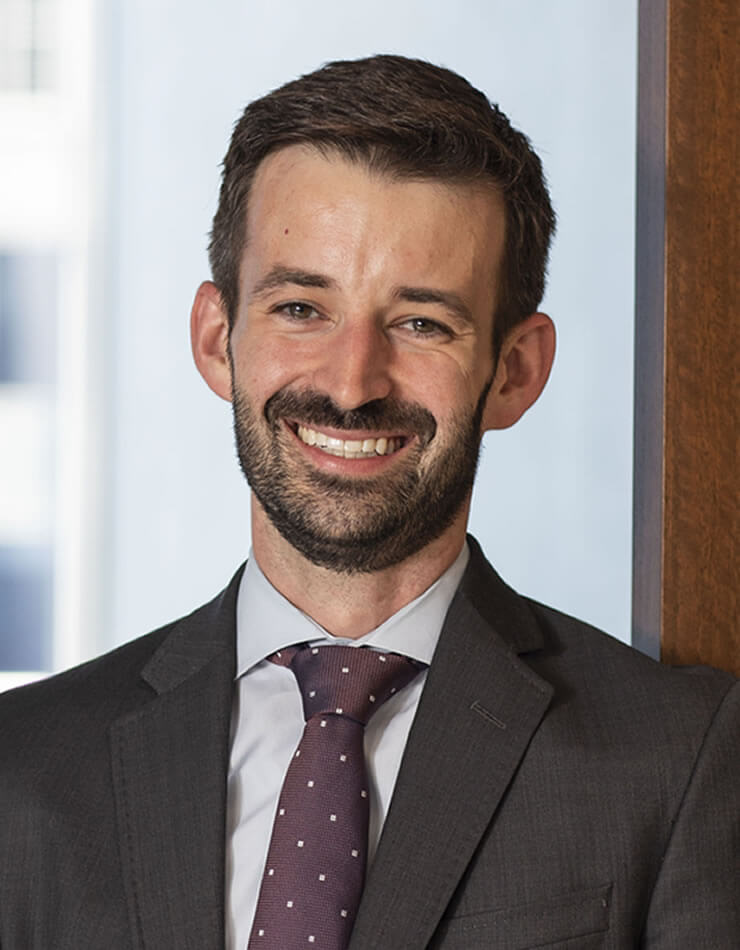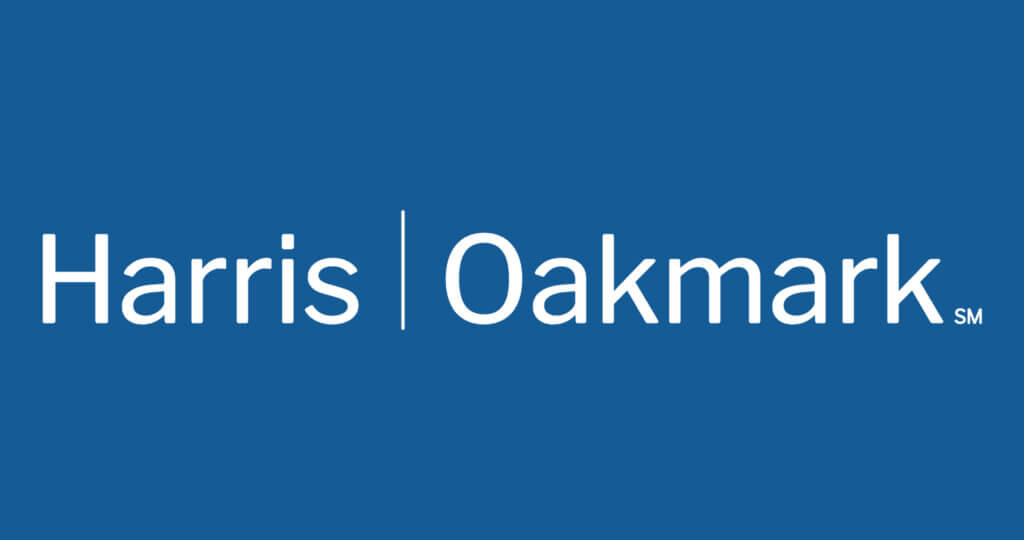Oakmark International Small Cap Fund – Investor Class
Average Annual Total Returns 06/30/19
Since Inception 11/01/95 8.77%
10-year 8.65%
5-year 1.44%
1-year -6.13%
3-month 4.62%
Net and Gross Expense Ratios as of 09/30/18 were 1.36%
Past performance is no guarantee of future results. The performance data quoted represents past performance. Current performance may be lower or higher than the performance data quoted. The investment return and principal value vary so that an investor’s shares when redeemed may be worth more or less than the original cost. To obtain the most recent month-end performance data, view it here.
For the quarter ended June 30, 2019, the Oakmark International Small Cap Fund returned 4.6%, comparing favorably to the MSCI World ex U.S. Small Cap Index, which returned 1.8% for the same period. Since the Fund’s inception in November 1995, it has returned an average of 8.8% per year.
For a second quarter in a row, the largest contributor to Fund performance was Azimut Holding. Based in Milan, Azimut is an Italian asset management company that maintains significant international operations in 16 other countries. During the quarter, the company announced strong first-quarter results that reflected a 36% increase in fees. We anticipated this fee growth because of the strong market performance and because of the changes that Azimut made to its fee structure, which we described in our last quarterly letter. We, however, don’t expect that this pace of growth will continue. That said, we believe the company seems well positioned to continue to produce positive results. Management has successfully controlled costs, which has led to a more than 200% increase in profits this year, compared to the prior year. In addition, the company paid out its previously announced dividend during the quarter, which amounted to approximately a 9% yield. Management also reiterated during the quarter that it expects to exceed its business plan target of €300 million of net profit in 2019. Our discussions with company executives confirm that they remain focused on profitably growing Azimut’s international business. We think these investments in international operations should create shareholder value over time. We continue to remain enthusiastic about the longer term prospects for this holding.
The largest detractor from performance for the quarter was Ontex Group—a producer of disposable personal hygiene products offered in Europe, Asia, the Americas and Africa. First-quarter results from Ontex were weaker than expected due to a 2% decline in reported revenues. Raw materials and FX also continue to hurt the company’s profitability. Yet, Ontex generated 6% organic growth in the Americas, Middle East and Africa regions. After a weak 2018, company management is not sitting idle. In addition to announcing a significant cost-efficiency plan, the management team reviewed the entire business and decided to consolidate five business segments into three (Europe, health care and Americas/Middle East/Africa), including making leadership changes within these segments. We believe these changes can better position the company for future growth. Finally, Ontex also has the opportunity to increase its U.S. presence through its affiliation with a large retailer, which could help offset some of its weaker markets.
We initiated four new holdings this quarter: Fluidra, a vertically integrated manufacturer, supplier and retailer of residential and commercial swimming pool components based in Spain; BBA Aviation, a previous Fund holding, located in the U.K., which provides flight support and aftermarket services and systems; Hong Kong Broadband Network, a telecommunications company and the second-largest residential fixed line service provider in Hong Kong; and Loomis, headquartered in Sweden, the world’s second-largest cash-in-transit and cash management operator in the world. We eliminated our positions in Salvatore Ferragamo (Italy) and Totvs (Brazil) during the quarter.
Geographically, we ended the quarter with approximately 69% of our holdings in Europe and the U.K., 14% in Asia, and 8% in Australasia. The remaining positions are in the Americas with 5% in Latin America (Mexico) and 3% in North America (Canada).
We continue to believe both the Swiss franc and Norwegian krone are still overvalued versus the U.S. dollar and remain hedged against these two currencies in the Fund. However, as a result of the strengthening dollar, our hedge exposures decreased during the quarter and we ended June with hedges on 12% of the Fund’s franc exposure and 20% of the krone exposure.
As always, we thank you for your confidence and support.
The securities mentioned above comprise the following percentages of the Oakmark International Small Cap Fund’s total net assets as of 06/30/19: Azimut Holding 3.0%, BBA Aviation 0.5%, Fluidra 0.3%, HKBN Ltd 0.2%, Loomis Cl B 1.1%, Ontex Group 1.2%, Salvatore Ferragamo 0%, and Totvs 0%. Portfolio holdings are subject to change without notice and are not intended as recommendations of individual stocks.
The MSCI World ex USA Small Cap Index (Net) is designed to measure performance of small-cap stocks across 22 of 23 Developed Markets (excluding the United States). The index covers approximately 14% of the free float-adjusted market capitalization in each country. This benchmark calculates reinvested dividends net of withholding taxes. This index is unmanaged and investors cannot invest directly in this index.
The stocks of smaller companies often involve more risk than the stocks of larger companies. Stocks of small companies tend to be more volatile and have a smaller public market than stocks of larger companies. Small companies may have a shorter history of operations than larger companies, may not have as great an ability to raise additional capital and may have a less diversified product line, making them more susceptible to market pressure.
The percentages of hedge exposure for each foreign currency are calculated by dividing the market value of all same-currency forward contracts by the market value of the underlying equity exposure to that currency.
Investing in foreign securities presents risks that in some ways may be greater than U.S. investments. Those risks include: currency fluctuation; different regulation, accounting standards, trading practices and levels of available information; generally higher transaction costs; and political risks.
The discussion of the Fund’s investments and investment strategy (including current investment themes, the portfolio managers’ research and investment process, and portfolio characteristics) represents the Fund’s investments and the views of the portfolio managers and Harris Associates L.P., the Fund’s investment adviser, at the time of this letter, and are subject to change without notice.
All information provided is as of 06/30/2019 unless otherwise specified.








